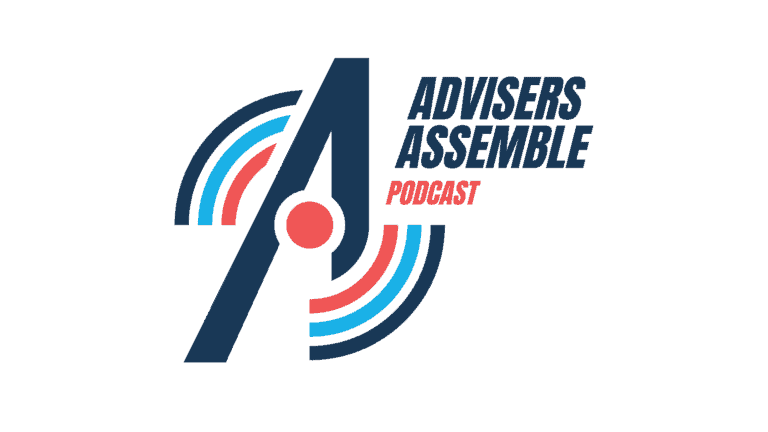What Do You Mean By Financial Advisor Marketing?
For us it’s about being a client magnet – so that customers come to you; you attract them. It’s not outreach, where you message people direct on LinkedIn or email. It’s about positioning yourself in the right way so that people find and choose you.
Doing this is all about establishing an effective Client Journey, where there are four stages:
- Awareness – the client hears about you
- Consideration – they decide whether you’re worth speaking to
- Enquiry – they make contact with you
- Conversion – they decide to become a client
Every client will have a unique journey, and different sources of leads will give a different experience – some will deliver awareness and consideration at the same time.
Your Options for lead generation
There are three main sources of leads:
- Referrals and introducers
- Buying leads
- Financial Advisor Marketing
Marketing is probably the hardest, but the most rewarding. Referrals is the favourite channel amongst the advisors that we have asked.
Referrals
Referrals are a great way to generate business. People that have worked with you before will explain to new clients that you’re easy to work with, you can guide them through the process, rather than sell to them, and you have the expertise they need. They’ll give a sense of your personality and what you’re like.
But the challenge with referrals is that you have no control over how many you receive. You can ask for referrals, but you’re relying on someone else doing work on your behalf. Plus, not all referrals are the same. Someone might ask for a referral on social media or in a whatsapp group, but if they just share your phone number or website link that will only gain awareness, not consideration.
Buying Leads
Before you buy any leads, think carefully. A lead seller is only going to care about the margin they make on the lead, not the quality. That’s why the Lead Engine doesn’t sell leads.
There are some bad practices, and some not so bad, so look into the details. There are many online ‘matching’ services that promise to link a client with a suitable advisor within 48 hours. With this kind of option, you’ll buy the details of a client to call – but they won’t know you, or anything about you.
You have no control over the customer’s journey, and in fact you’re simply funding another company’s marketing – the lead seller.
Marketing your business
Millions of people in the UK search online for information and help about financial advice every month. When someone visits your website, you have much more control of the customer journey. You decide what information they see about you – in the Awareness stage – and what they can look at as part of their Consideration process.
Awareness is actually the easy part, and it’s where most marketing focuses. But from our point of view, it’s better to get in front of less people and convince more of them that you’re the best person they could work with.
So think about Consideration first. Spending your budget on Awareness before understanding Consideration is a mistake.
There may be plenty of people that are aware of you, but they don’t enquire. We work with a lot of brokers who are recognised and known, but their website doesn’t drive consideration. That’s something we can easily fix and deliver lots of leads.
How your website can drive leads
The four main things that will convert a ‘Considering’ visitor into making an enquiry are:
- Trust
- Rapport
- Guidance
- Expertise
This is what people gain in a referral, and why they can be so useful in building your business. But you can do the same things online via your marketing.
Demonstrate Trust through third party reviews on Google or Trustpilot, for example. Highlight your Google reviews prominently on your website.
You can build Rapport by featuring video or podcasts from you (or your advisers), so they can see and hear what you’re like as people.
Make sure your website offers Guidance and help rather than selling your services or financial services. People often assume that financial advisors are there to sell, not guide. Plus, many want to get a base level of understanding before speaking to an expert.
Don’t assume that the client knows you can help them. Aim to have content and specific web pages that demonstrate specific Expertise in key areas – for the self-employed, for example, or those with bad credit or who want to explore Buy to Let mortgages. That way they get to know that you’ve helped others, can hear you talking about their situation and recognise that you are a good source of advice.
Replicating referrals
Getting a referral feels great, and it’s a very rewarding way to build your business. But to be able to drive regular, reliable leads, you need marketing.
By understanding the customer journey and replicating what happens when someone is referred by a friend, you can successfully market and grow your business.
















